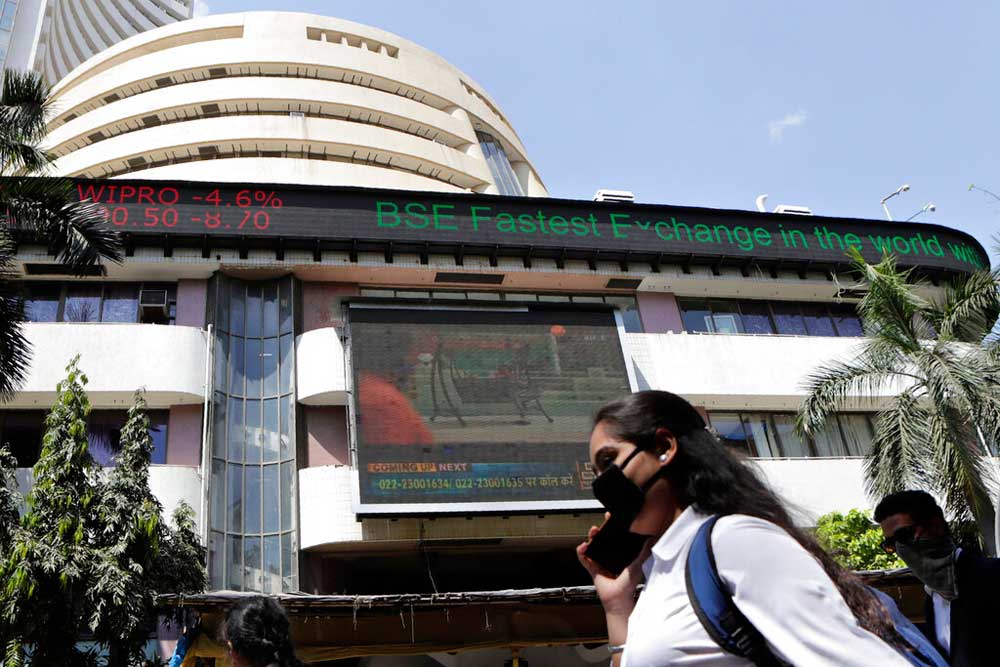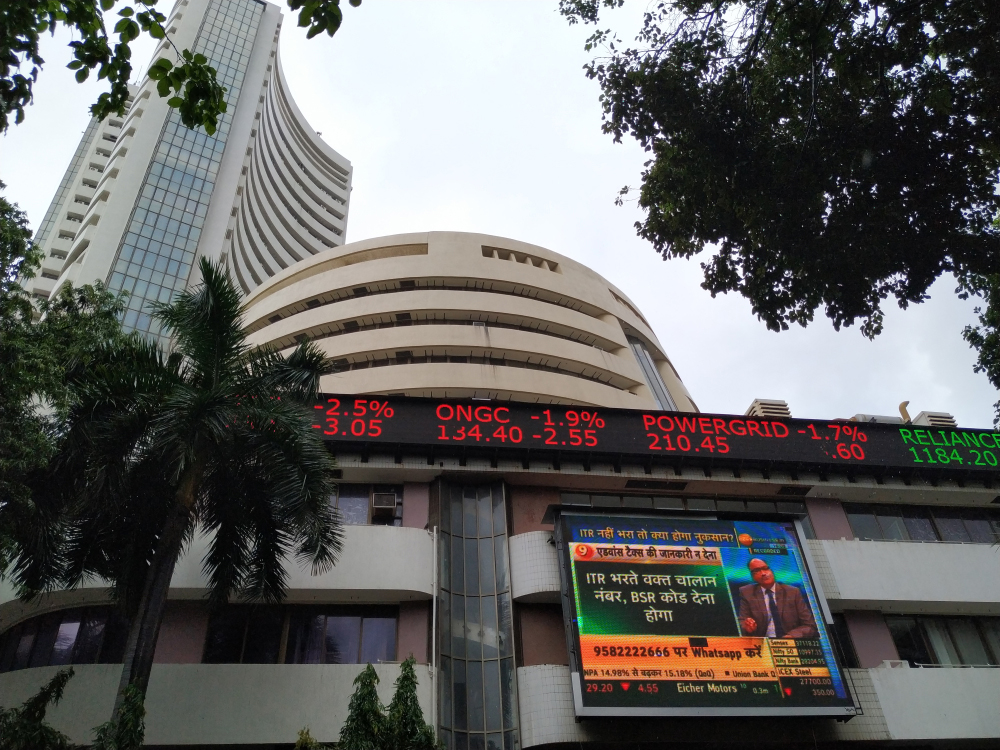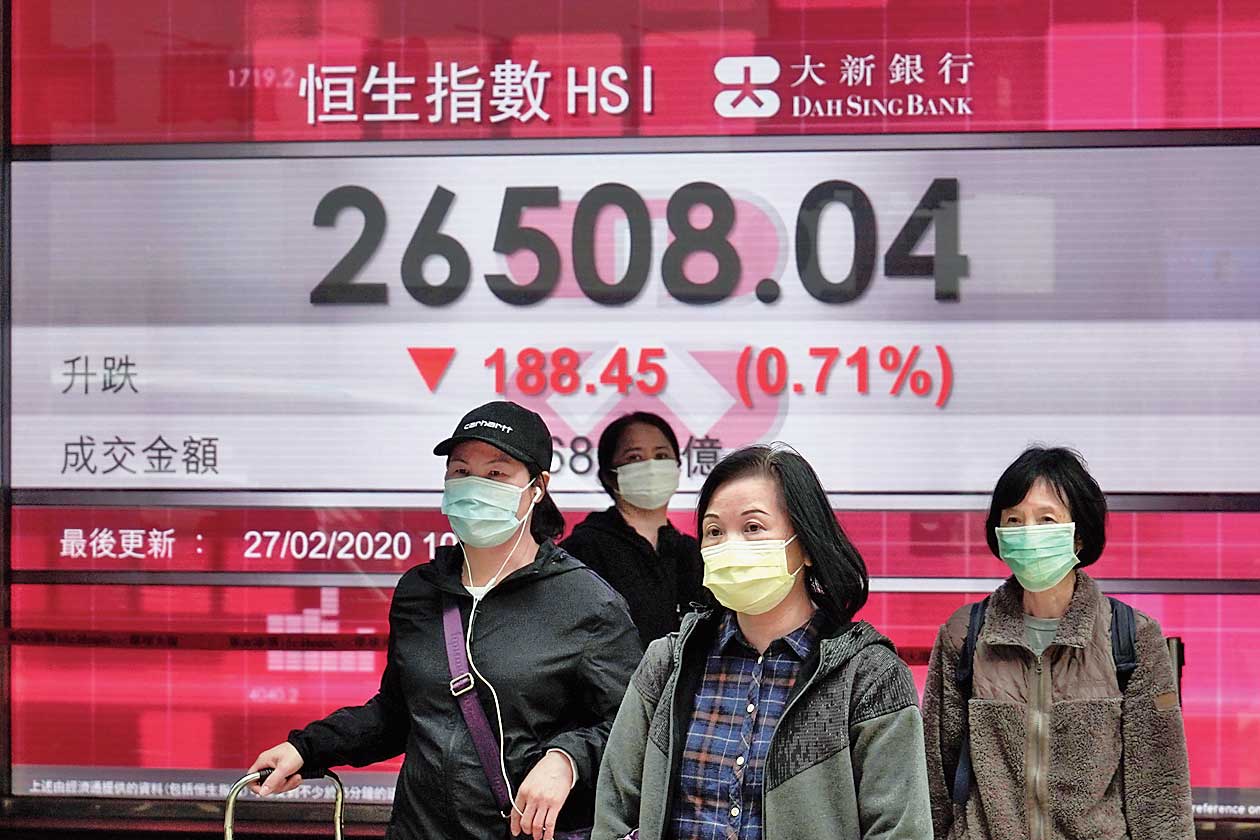The free fall in global markets in the past week has rekindled ugly memories of the crash of 2008. But there is a difference. Back then, governments and central bankers were able to quickly coordinate their policy responses because they knew where the problem lay. Every major market player in the United States of America had supped on the chalice of greed and whipped up an asset bubble in housing mortgages that suddenly went bust. The fallout was immense but it could be tackled as the authorities were able to throw a pile of cash at the problem and save large financial institutions from floundering in a swamp of losses. This time, however, the enemy is a little-known bug — the coronavirus — that has wreaked havoc by blowing up into a health pandemic. The responses from various governments have been uneven, oscillating from slow-witted complacency to panic-driven hysteria. The scourge has exposed the frailties of even the most robust, resource-rich nations that have adopted some ham-handed, over-the-top policy measures and displayed a glaring absence of protocols to deal with a pandemic. The visa and travel bans, lockdown of schools and colleges, closure of offices, work-from-home diktats, sanitized public spaces and the scrapping of social and sporting events have created a surreal world of isolation. The fear of the unknown has also spawned a lot of blame-mongering and a revival of ethnocentric prejudices.
The trouble is that the sudden adoption of extreme measures has created a situation where the global economy is certain to go into a long tailspin. When already-slowing economies start to lose momentum, it becomes harder to revive them. Some have tried, notably Britain, which has just unveiled a 30 billion pound sterling stimulus package. The US president, Donald Trump, worked out a deal with the House of Representatives to pass legislation on a package that provides for free testing for the coronavirus, extended sick leave benefits to affected workers and tax credits to small businesses. Even Indonesia has come up with its $8 billion plan to revive its coronavirus-wracked economy. Several central banks have also cut interest rates, prompting talk about a concerted plan to revive global growth.
The Narendra Modi-led government has to quicken decision-making if it intends to come good on its resolve to revive an already faltering economy. The stock market swoon last week has already prompted the Reserve Bank of India to swing into action. It came out with a $2 billion dollar-rupee swap to stem the withering effects of a foreign investor pullout from Indian markets and then intervened in the markets through State-owned banks to ensure that the rupee did not slide to levels that would outprice Indian exports. The government has stepped in with a small tax remission plan for exporters that does not carry enough heft to alter the dynamics of trade. The real worry is that the government does not have the money in its parlous treasury to come up with a spending plan to fire up a demand-battered economy. Empty malls and thinning airport terminals are sore reminders of the enormity of the work that lies ahead.












